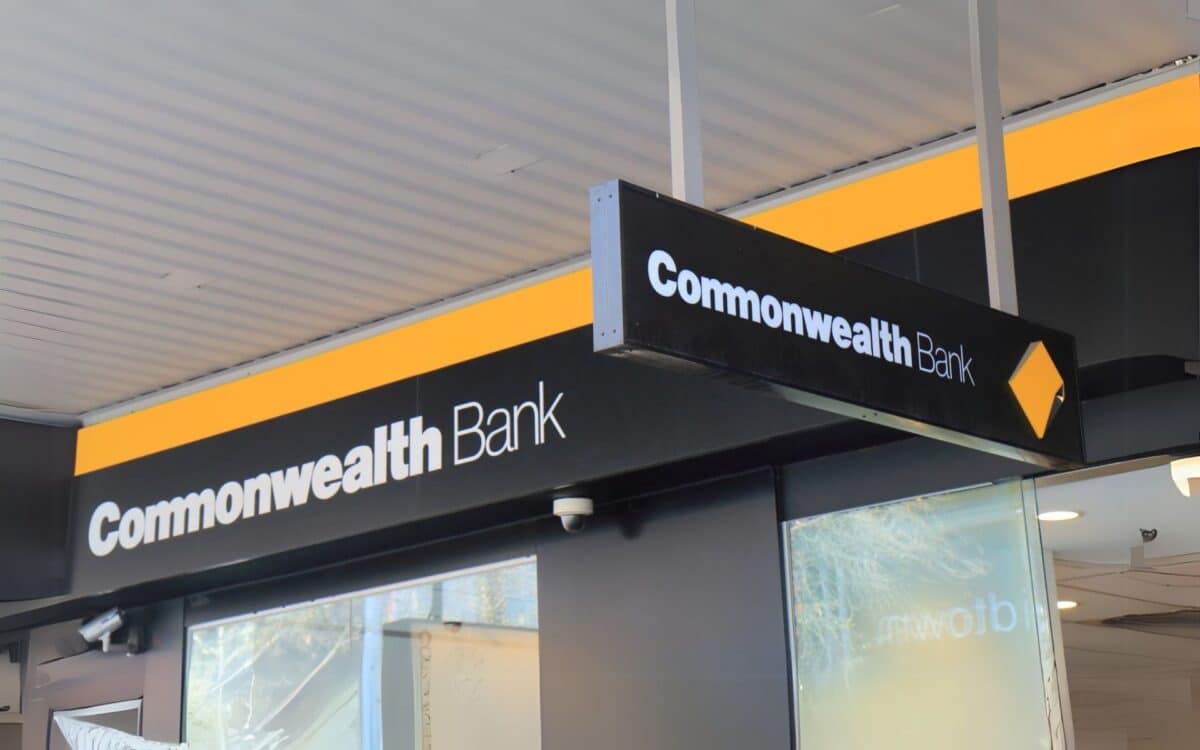A recent dispute between a prominent property analyst and the Commonwealth Bank of Australia (CBA) has reignited debate over the limits of regulatory compliance in banking, raising concerns about how far institutions can go when enforcing customer surveillance under financial laws.
The incident centers on a sudden request from CommBank for detailed personal financial information, including questions about cash holdings at home, which has sparked criticism from both the public and privacy advocates.
According to news.com.au, the episode reflects growing tension between risk management obligations and individual rights in the digital age of banking and financial oversight.
SQM Research Director Raises Alarm on Invasive Banking Inquiry
Louis Christopher, managing director of SQM Research, described receiving an unsolicited email from CBA that required him to answer questions about his personal finances, including whether he stored cash at home.
What I have just gone through this morning with CBA is disgusting – he wrote on X (formerly Twitter), in a post that quickly gained over 400,000 views.
Absolutely despicable, Orwellian stuff. Driven by Austrac.
The bank’s message referenced Know Your Customer (KYC) obligations and warned that if Christopher failed to comply within seven days, his accounts could be discontinued or restricted.
He initially thought the email was fraudulent. After calling a separate CBA number, he learned the request was authentic.
Questions From Commbank Described as Personal and Excessive
According to Christopher, the bank posed several questions that he found intrusive:
- “How have I built up my wealth?”
- “Why have I made cash withdrawals?”
- “If I am holding cash at home, why?”
- “Why did I make certain transactions to third parties?”
They got rather personal – he told news.com.au.
I was shocked they would ask me if I’m holding cash at home and why — I regard sharing that info as a security risk. How have I generated my wealth? That’s my business, unless they’ve got more than a slight suspicion I’m doing something illegal [in which case it should require] a court order.
Christopher added that the request came without context:
They didn’t give me any elaboration on what triggered this.
Longstanding Customer Challenges Bank’s Approach
He emphasized that he has been a CBA client for decades:
Everyone knows I’ve got a profile, I’ve got my business SQM Research, we’ve been providing property statistics for years – he said.
The crazy thing is I’ve been a long-term client of CBA. I’ve been with the bank since 1978. You’d think they might go back and look at the history — it’s not an account that’s been set up overnight, pretty standard transactions.
Although he eventually answered the representative’s questions, he expressed his discomfort:
I expressed to her that I wasn’t happy with these questions. I also said how frequently are these questions going to be asked — she said ‘whenever we have a need to update our data banks’.
Christopher also revealed that CBA asked him to consent to share his responses with regulatory authorities and third-party credit providers. “I had to say yes under duress.”
Reaction Online Points to Broader Public Frustration
After posting his experience, Christopher received messages from other Australians who described similar situations. “Scores of people” reported having their accounts frozen due to delays or vague answers.
Christopher, too, remains concerned:
I was ambiguous on some of the responses. I said [the cash] is for a rainy day. I’m a bit concerned because other people have given ambiguous answers and have had their accounts frozen.
He was clear about his broader objection:
This is not on. Banks should not be allowed to freeze people’s accounts unless it’s via a court order. It is a human right and it should not be done on a whim of some manager.
Austrac Compliance Cited by Bank Amid Criticism
The Commonwealth Bank responded by referencing its legal obligations under the Anti-Money Laundering and Counter-Terrorism Financing Act 2006, overseen by the Australian Transaction Reports and Analysis Centre (Austrac).
We are required to manage our customers’ accounts in line with the law – a CBA spokeswoman said.
In the same way that we need to comply with regulations when a customer first opens an account, we also need to comply with current law regarding the maintenance of their identification information.
She added:
Ensuring we have a customer’s most up-to-date and correct details also helps us to keep them safe and protect them from fraud.
Balancing Risk Control With Personal Freedom
Christopher clarified he does not place full blame on the bank.
I’m not necessarily putting all the blame on CBA. I suspect it’s been driven by Austrac on the KYC rules. The bank’s legal counsel probably has some type of legal interpretation of what the bank is required to do, and CBA have taken this position that they have to ask these questions.
Still, he warned that such policies risk overreach:
They’re trying to stop money being transferred to terrorists, money laundering, but the community has got to live as well. We’ll never completely stamp out that type of crime. They’ve got to take a step back — it’s going too far.









